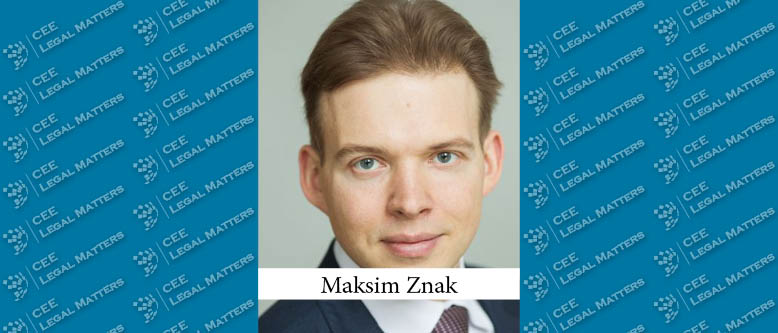“On its way through Europe, the Covid-19 pandemic has certainly not missed Belarus,” says Maksim Znak, Managing Partner at Borovtsov & Salei in Minsk.
The country is staying in what Znak describes as a “guerrilla quarantine," and even though no strict Governmental policy regarding the crisis exists, various bodies have issued different instructions in order to stop the spread of the virus. “The National Bank, Ministry of Health, and even the local executive committees have urged businesses to start home-working programs and public to keep safe distances from one another," he says," adding that “there is still no mandatory policy, but more and more companies have started working from home, while parents first could choose not to send their kids to school and then got a one-week prolongation of school spring holidays.”
Znak reports that legislation in the past couple of weeks has been related to the pandemic and to other crisis issues. “A great example of this is the prohibition of any increase of price of more than 0.5 percent without special permission,” he says, “in order to protect consumers in these difficult times.” According to him, this prohibition has generated various questions, as it appears to conflict with certain higher normative acts, and it may hurt business. Some other anti-pandemic measures also are questionable from a legal perspective, he says, but he reports that lawyers are generally satisfied with overall measures, explaining that “sometimes things must work this way, because otherwise they would take way too long, when there is no time to waste.”
This year was supposed to kick off well for Belarus in terms of economic growth and foreign investment, but Znak notes that “given the current situation, we will have to reconsider our optimism,” and he describes the status quo as “double-trouble.” One part of that trouble comes from the pandemic, of course, while the other is related to the drastic fall of oil prices and consequent fall of the Belarusian ruble to the euro by more than 20% in three months. This means that those working with the Belarusian ruble now earn less, he says, but businesses involved with real estate traditionally calculate rate payments in euro equivalent, and businesses connected with important manufacturing still have to spend foreign currency in order to import goods and materials. Znak adds that the fall of the currency has happened before, but had less of an impact, as “the pandemic has stalled business in general, so we will need more time to recover from this crisis, compared to the previous ones.”
Still, Znak notes that the situation won’t last forever, and he believes that it might actually incentivize long-term investment in certain fields. “While it hasn’t started yet,” he says, “I expect to see investment in M&A, real estate, and other related areas, as people are getting used to the situation, and will be needing money more and more as time goes by.”
Ultimately, Znak describes himself as optimistic about the future, and he says that “the upcoming period may be very interesting, because of the changes that occurred and the fact that the pandemic found us unprepared. People will start re-thinking their business models and focus more on distance working measures, different contractual procedures, and different public procurement procedures.” He believes that this will be especially interesting for lawyers, “as it brings change to everyday work.” According to him, “the new approach will require creativity, and some new market players will emerge. History has shown that people will live through every crisis. The interesting part, however, is what awaits us afterwards.”















